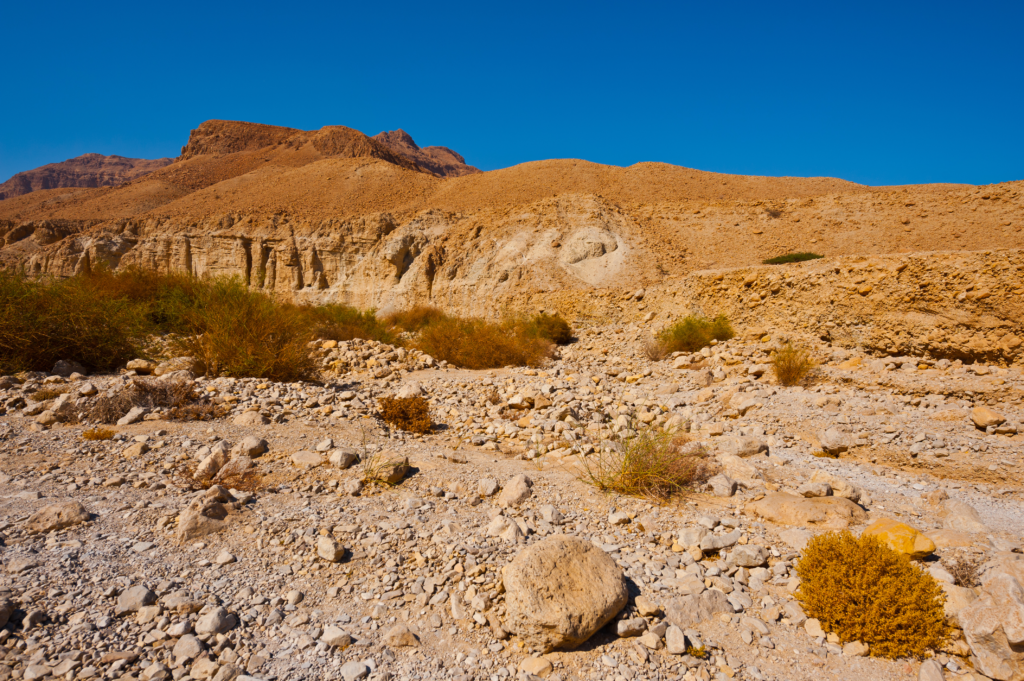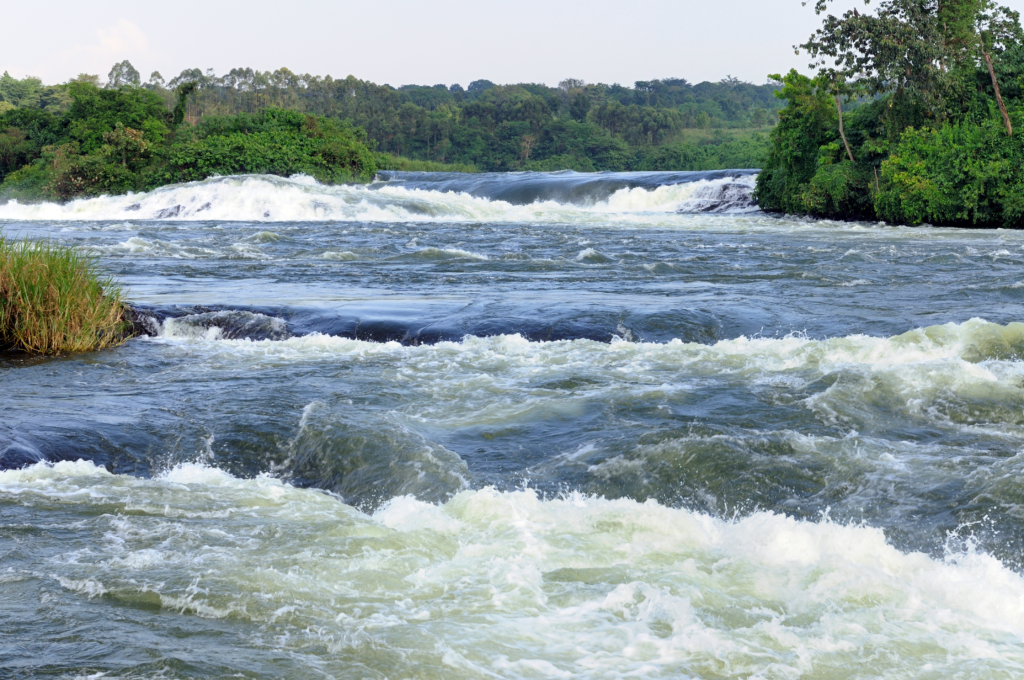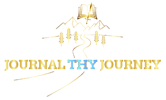YAHWEH Has His Reasons
For 40 years, YAHWEH had been preparing Yahshar’el (Israel) to obtain the promised land and much more, as Deut 8:1-3 tells us. YAHWEH used this time in the wildness to “Humble, try or prove, know their hearts, and know if they would keep His commandments. This preparation would prove necessary before they approached the dangerous water of the Jordan River.

1. You shall be watchful to do every commandment which I am commanding you today, so that you may live and may multiply and may go in and possess the land which YAHWEH has sworn to your fathers.
2. And you shall remember all the way which YAHWEH your Elohim has caused you to go these forty years in the wilderness, in order to HUMBLE you, to TRY you, to KNOW which is in YOUR HEART, whether you will KEEP HIS COMMANDMENTS or not.
3. And He has humbled you, and caused you to hunger, and caused you to eat the manna, which you had not known, and your fathers had not known, in order to cause you to know that man shall not live by bread alone, but man shall live by every Word that proceeds from the mouth of YAHWEH.
In this and all Food for Thoughts I recommend you read the Scripture(s) provided and the entire chapter they are from to obtain more insight.
- To Humble – To remove a person’s self-importance, pride or encourage them to be less self-centered. To bring on a sense of meekness so that the mindset of Yahshar’el was not continuously concerned with their ways, ideas, and desires but that of YAHWEH.
- To Try or Prove: To demonstrate or provide truth, evidence, and genuineness. Products like medical devices, guns, computers, vehicles, etc., are thoroughly and rigorously tested to prove they can operate as designed. Yahshar’el’s testing was twofold, first to provide sufficient proof that they were fully prepared to fulfill their intended purpose. Second, to demonstrate their commitment to the teachings and principles of the faith. (See: Why Am I Facing Trials)
- To know the Heart: Jeremiah 17:9-10 Tell us that the heart is deceitful and desperately sick, and no man can understand it, but YAHWEH can “search the heart and test the mind.” Through the trials and tribulations of the wilderness, YAHWEH could see what was in the hearts of Yahshar’el through their actions and words (Luke 6:45). Check out these Scriptures for info about the Heart of Man.
- Keep His Commandments or not: It may be simple to declare that we will abide by the commandments when not facing any challenges, but will we genuinely follow through during difficult times? YAHWEH wanted to see if the Yahshar’elites would follow His commands and continuously follow through on the promise they made to Him to “do all the Words which YAHWEH has spoken.” Exodus 24:3. As Bible Believing Believers, we must continue to uphold the commandments, even when we find ourselves facing trials and hardships. Examples: Will YOU lie to get out of difficulty, work on the Sabbath when pressured by the boss, or commit adultery because your spouse has committed adultery?
Circular Pattern of YAHWEH
So here, the Yahshar’elites (Israelites) are. They have undergone a rigorous and trying period of 40 years in the wilderness. It was a period of humbling and proving, where they were constantly reminded of their dependence on YAHWEH and their need to remain unwavering in their devotion to Him. Now finally, they are on the verge of obtaining the promised land.
As they finally approached the promised land, they faced one final obstacle – the Jordan River during harvesting season. This crossing held great significance, as it marked the completion of a circular journey that began with the crossing of the Red Sea (Exodus 14) and ended here with the crossing of the Jordan River (Joshua 3). The circular pattern of this journey was not merely a coincidence but a deliberate act of YAHWEH, who used water as a symbol to signify the beginning and end of their journey. It was a powerful reminder that their journey was not just a physical one but a spiritual one too to fulfill YAHWEH’s divine plan.
Harvest Time Water

Harvest time was the worst time possible to cross the Jordan River. During harvest time, the waters of the Jordan are full and overflowing, and the tides are at their strongest. In 1854 an expert swimmer, during the harvest time window, tried to swim across the Jordan where the Yahshar’elites would cross near Jerhico. The swimmer could not make it due to the strength of the harvest time current and the long distance across.
Moving with Total Faith in YAHWEH
13. And it shall be, when the soles of the feet of the priests bearing the ark of YAHWEH, Master of all the earth, come to rest in the waters of the Jordan, the waters of the Jordan shall be cut off, the waters which come down from above. And they shall stand in one heap.
15. and as those bearing the ark came into the Jordan, and the feet of the priests bearing the ark were dipped in the edge of the waters (and the Jordan was full, over all its banks all the days of harvest),
16. that the waters stood still, those coming down from above rose up into a heap, very far above the city Adam, which is beside Zaretan; and those going down by the sea of the Arabah, the Salt Sea, were completely cut off. And the people passed over opposite to Jericho.
17. And the priests bearing the ark of the covenant of YAHWEH stood firm on dry ground in the middle of the Jordan. And all Israel crossed over on dry ground until all the nation had completely passed over the Jordan.
In this and all Food for Thoughts I recommend you read the Scripture(s) provided and the entire chapter they are from to obtain more insight.
The crossing of the Jordan differed from the parting and crossing of the Red Sea led by Moses. While Moses, through the power of YAHWEH, was able to part the waters of the Red Sea using his staff, the people now had to physically enter the flood stage waters of the Jordan to cross. When leaving Egpyt, the Egyptians chased the sons of Yahshar’el from the back, urging them to keep moving forward out of fear. Before crossing the Jordan, they had three days to prepare and perhaps wonder about their fragility in traversing such a treacherous River. They may have also questioned the need to cross at that moment instead of waiting until the end of the harvest season when the water levels are lower and calmer. This crossing required a different level of courage and trust, and to add to it, Moses, their leader, was no longer with them as he had recently passed away (Deuteronomy 34:5-6).
Yahoshua (Joshua), their new 3-4 day old leader, communicated to them that YAHWEH required them to get into the overflooding and dangerous water. Although the water posed a significant risk of sweeping them away, YAHWEH promised to calm it for them once they stepped in. Because of Yahshar’el’s 40 years wilderness experience, the now humbled, tested, proven, trial-overcoming, and battle-tested priest and people followed the instructions of Yahoshua without fail and with total dependence on Him.
It is not clear how long they stood waiting in the water to see if YAHWEH would still the water for them to cross. Regardless, by faith and obedience, there was no hesitation, complaining, questioning, or doubt among the tribes or camps, and YAHWEH remained faithful to his word. YAHWEH made the “waters stood still, those coming down from above rose up into a heap, very far above the city Adam, which is beside Zaretan; and those going down by the sea of the Arabah, the Salt Sea, were wholly cut off. And the people passed over opposite to Jericho. And the priests bearing the ark of the covenant of YAHWEH stood firm on dry ground in the middle of the Jordan. And all Yahshar’el crossed over on dry ground until all the nation had completely passed over the Jordan.” (Joshua 3:16-17)
Conclusion
As we navigate through the challenging and uncertain terrain of our personal wilderness, we can draw inspiration from the Yahshar’elites and their unwavering devotion to YAHWEH. Rather than waiting for the “perfect” timing or circumstance, we can follow their example and obediently live out our faith (See: Who are you offending? Pts. 1-4). Despite the risks and uncertainties, they trusted YAHWEH and obediently crossed the Jordan River, even during the crucial harvest season. Let us also summon the courage and conviction to cross over into our own promised land, trusting in YAHWEH’s guidance and leading us through the wilderness of life.
By: David Edwards
